For 125 years, the agency now known as Family Service of Rhode Island, and increasingly by the acronym “FSRI,” may have changed its name, its mix of programs, its focus. But it has nonetheless remained steadfast to its original commitment of providing immediate relief to those in need while helping find pathways out of poverty.
FSRI’s present is clearly a reflection of its past. The future? New ideas, new visions, new approaches, new programs, all in the spirit of the first group of concerned citizens who gathered to try to help people in need in Providence, Rhode Island back in 1892.
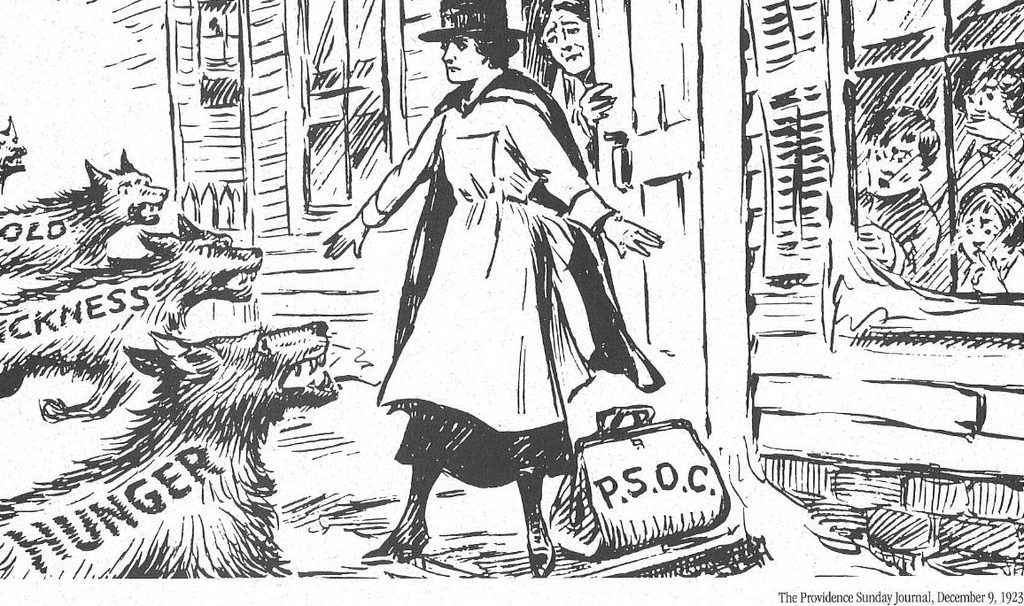
Family Service of Rhode Island (FSRI) was founded in 1892 as the “Providence Society for Organizing Charity.” The original objectives were to reduce pauperism, secure relief from poverty, and assist the poor to become self-supporting. In other words, helping people to help themselves. That mission started so many years ago has remained remarkably on course in the turbulent decades to follow.
Family names associated with FSRI’s early years remain part of the fabric of Rhode Island: Goddard, Chase, Buffum, Metcalf, Danforth, Sharpe, Taber, Tillinghast, and others. The first president of the Society was E. Benjamin Andrews, president of Brown University.
In its dual role of addressing basic emergency needs and helping to create a plan to leave poverty behind, the Society began a number of programs. The “potato patch” project was a popular undertaking. It gave needy men land and seeds to grow their own vegetables. The Society also created The Municipal Lodge, for transient men, The Working-man’s Loan Association, The Rhode Island Penny Provident Society to encourage saving, and a laundry to provide women training and employment. The Society also established lending libraries and book and play groups led by the Society’s “friendly visitors.”
To professionalize its services, in 1905 the Society hired experienced social workers to undertake a broader field of distributing relief in an effort to rehabilitate families.
Tuberculosis (TB) was one of the most feared diseases of its time. There was no cure and more than half who contracted it died. Sunlight and cold air were the only helpful treatments.
Beginning in 1902, the Society provided preventive health retreats to the country for at-risk mothers and children. In 1912, the Lakeside Camp for children convalescing from TB and other diseases was established. It operated for nearly 40 years.
The Committee for the Relief and Control of Tuberculosis was formed. This committee, in 1920, became the TB League, parent of the Rhode Island Lung Association.
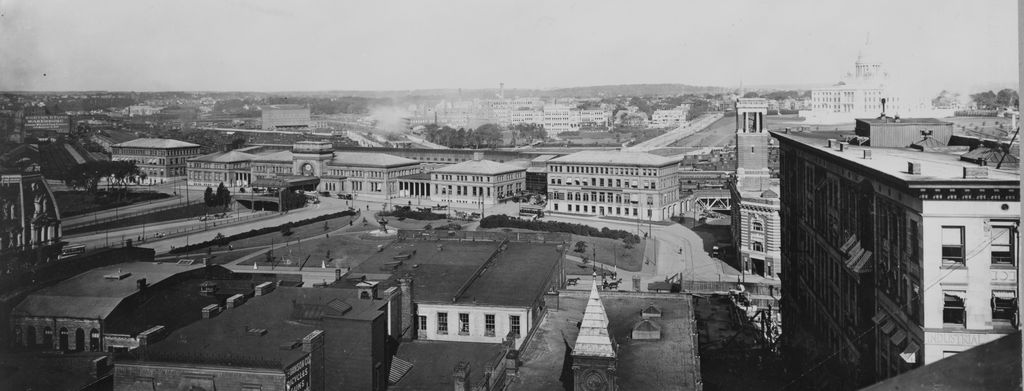
The Society, now called the Family Welfare Society of Providence, increased its efforts in the wake of the 1929 stock market crash leading to the Great Depression. The Society also spearheaded the organization of the Rhode Island Council of Community Services as well as The Community Fund, which ultimately became the United Way.
During the Depression, the Society incorporated training in social casework and changed from pure apprenticeship to theoretical training in social problems. The federal government started unprecedented aid programs under the New Deal; so, with the burden of material relief lessened, the Society turned its focus on family counseling.
The stress of World War II aggravated family problems, causing nearly one in three marriages to fail. Many wives found their way to the Society.
The war’s end, however, kicked off an era of prosperity. For several decades, the organization concentrated on updating and making its services more professional. Reflecting national trends in psychological theory, individual and couples counseling became the focus of the organization’s activities.
The unprecedented humanitarian ambitions of the Great Society of the 1960s did not, however, end generations of poverty and dependence. Following the idealistic 60s and 70s, a shift in public attitudes resulted in a partial dismantling of the social welfare system. Now called Family Service, the agency took a leadership role and created the proto-type for contract funding with state agencies.
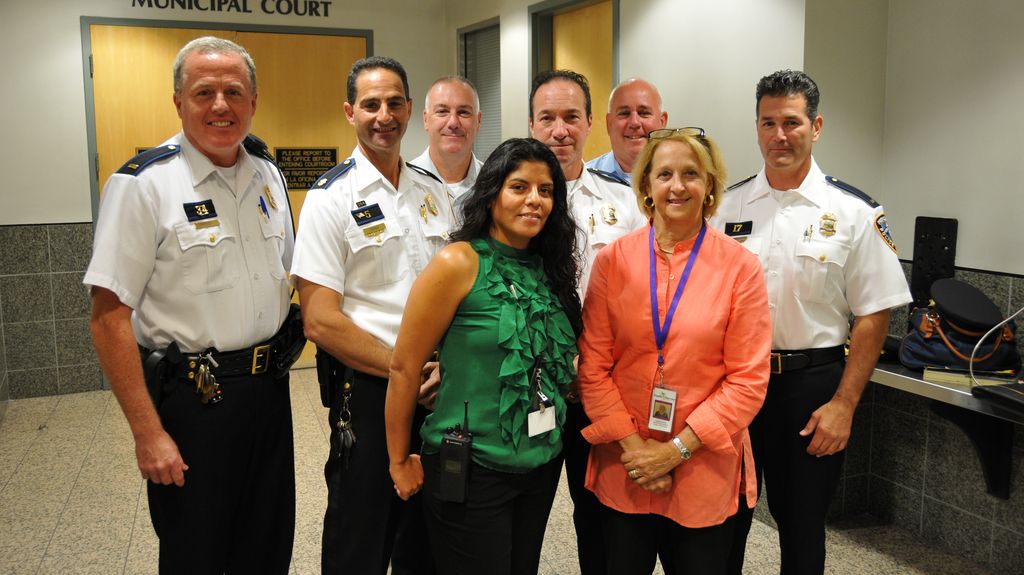
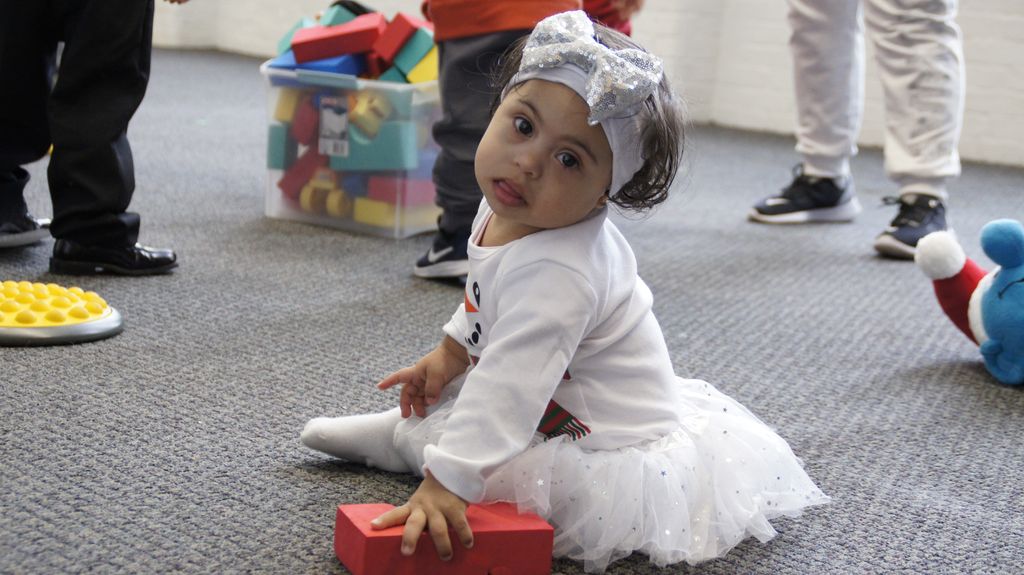
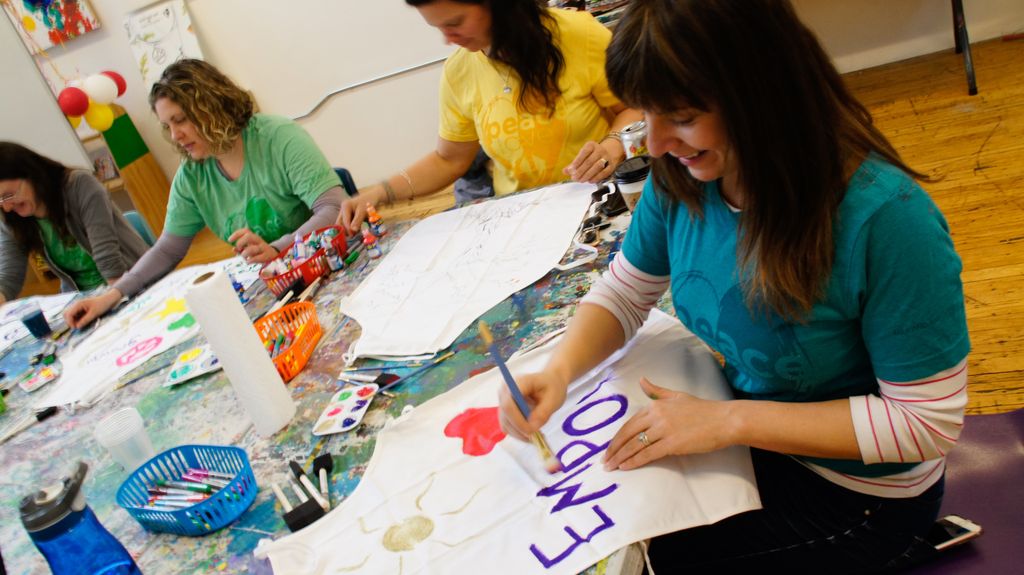
In the 80s, 90s and 2000s, Rhode Island experienced times of economic optimism and shocking reversals of fortunes. It also experienced the rise of HIV/AIDS, terrorism and more. Rhode Island also became more diverse, as the Latino population, in particular, increased.
In response, the agency became larger and more diverse, adding child development and a school to its array of services. What was once an organization with several dozen employees, was now one of the larger agencies of its type in the state, employing hundreds of staff, many speaking Spanish and other languages, reflecting the growing diversity of Rhode Island.
Family Service helped create the stand-alone non-profit that became AIDS Project Rhode Island, which in 2008 merged with the agency, which, by then, had become “Family Service of Rhode Island” to emphasize its statewide capacity. Around the same time, Lucy’s Hearth, located in Middletown, Rhode Island, became an agency affiliate. Both steps reflected the trend of smaller non-profits linking or merging with larger agencies due to increased demands for financial and program accountability to funders, both private and government.
Family Service of Rhode Island also increased its work with police departments, creating formal partnerships with the Providence and East Providence police departments, and the Rhode Island State Police, to provide immediate and ongoing help to children and families traumatized by crime and violence.
Family Service of Rhode Island, in 2005, created what became a signature fundraising event for the business community, the Brighter Futures Award Luncheon. Although only about an hour long, the luncheon was one of the more fiscally successful events of its type in the state.
The trend to foster collaboration among separate non-profits heightened in this era, and resulted in the creation of “Family Care Community Partnerships” across the state and two extensive “networks of care” for child welfare services driven largely by private non-profits, including Family Service of Rhode Island.
Clinically, Family Service of Rhode Island transitioned its programs to addressing the effects of trauma in the lives of the children and families served, and became a statewide and national leader in trauma-related training and knowledge. Sadly, terrorist acts in our nation and abroad frequently dominated the news, and the media turned to Family Service of Rhode Island to give tips on how to speak with children in the wake of such incidents to limit fear and trauma.